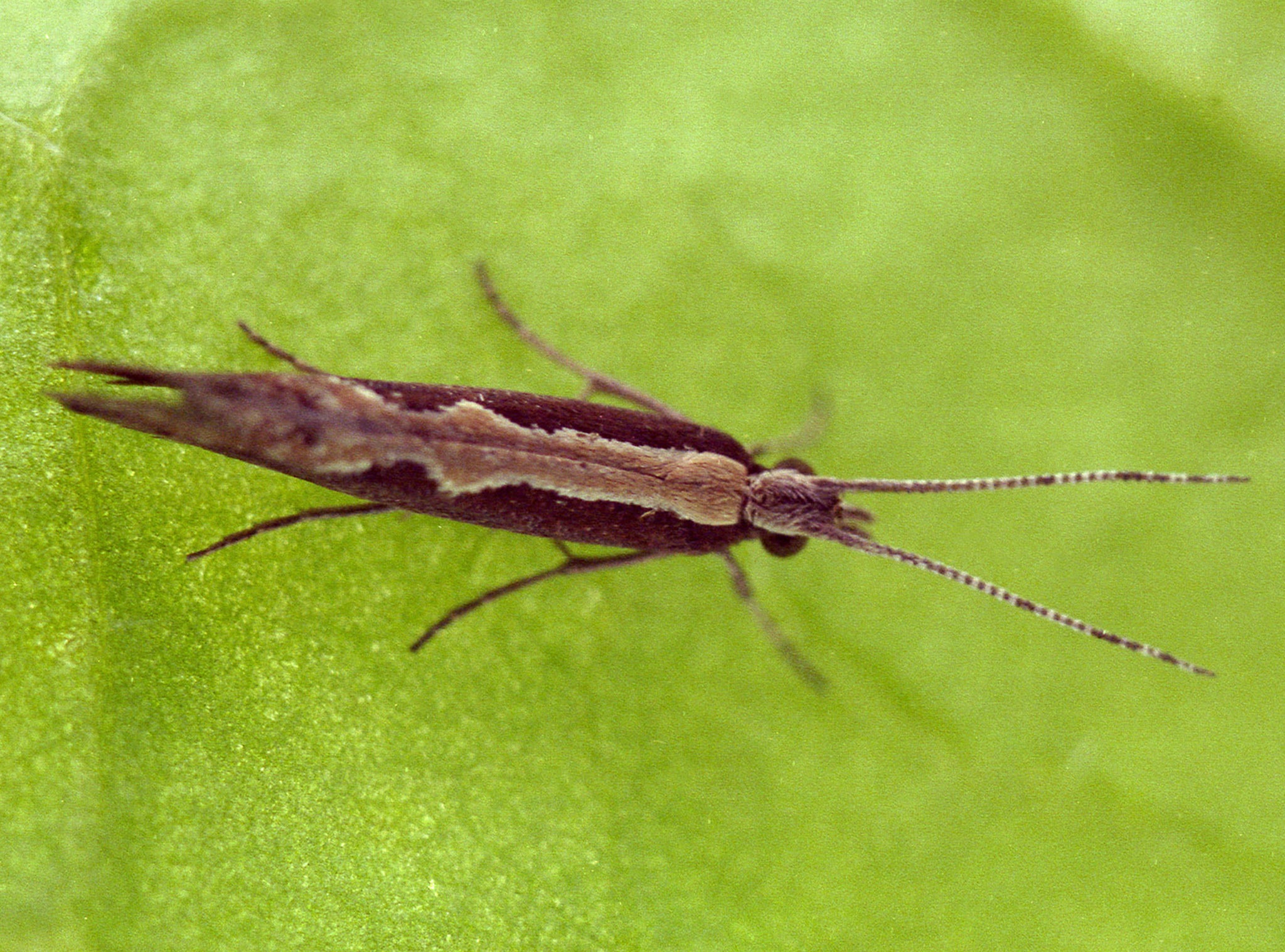Explosion 'super-pest' moth population in Britain could devastate crops
'Growers should seek advice from their agronomists and authorised advisers as to how to manage the pest in their farms,' says Dr Steve Foster

A large upsurge in the population of "super-pest" moths has been detected by scientists who warn of widespread damage to British crops.
Diamondback moths are known to be resistant to most forms of insecticides and can devastate cruciferous crops such as cauliflours and cabbages.
Rothamsted Research, in Hertfordshire, issued the warning after observing exceptionally high numbers of the species arriving in the UK after studying their network of air traps across the country.
The figures of diamondback moths have not reached current current levels since 1996, the researchers say.
Mr Chris Shortall, research scientist and coordinator of the Rothamsted light-trap network said: "In our light-traps here at Rothamsted we have seen in two nights the number of diamondback moths that we usually record in a year, and this is reflected elsewhere in the network.
"I’m concerned for cabbage and cauliflower growers, which is why I wanted to inform the relevant organisations and growers as early as possible.
“If the summer weather is warm and favourable for the reproduction of the moths we could see an explosion in the number of the moths by the end of the season."
A two-mile long cloud of diamond backs was recently spotted near Leominster in Herefordshire inspiring one observer to say the population figures by mid-July "could be biblical".
Dr Steve Foster, senior scientist at Rothamsted's department of Biological Chemistry and Crop Protection, has advised crop growers to seek advice now as to how they can protect their produce from the invading moths.
He said: “We will aim to study the moths that are immigrating currently to the UK to identify whether they are resistant to the available insecticides and look for potential management methods. This could take up to a few weeks.
“Growers should seek advice from their agronomists and authorised advisers as to how to manage the pest in their farms.
"We will aim to provide all scientific information when the data are available.”
Subscribe to Independent Premium to bookmark this article
Want to bookmark your favourite articles and stories to read or reference later? Start your Independent Premium subscription today.

Join our commenting forum
Join thought-provoking conversations, follow other Independent readers and see their replies